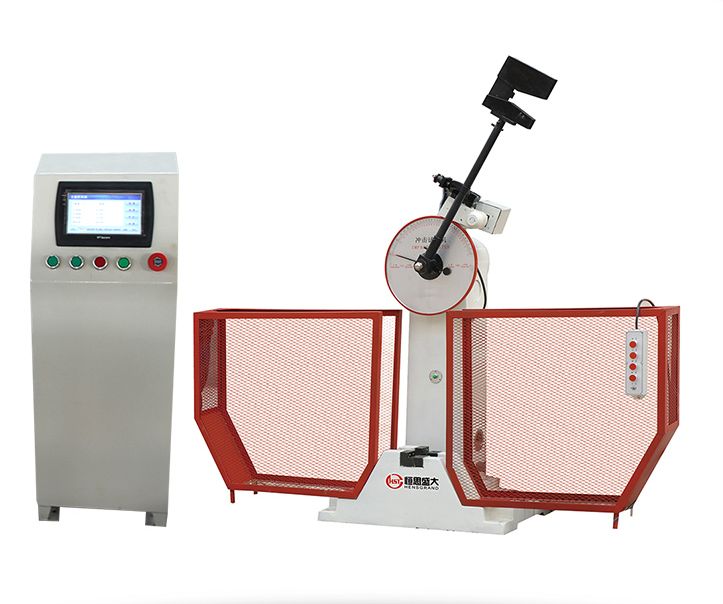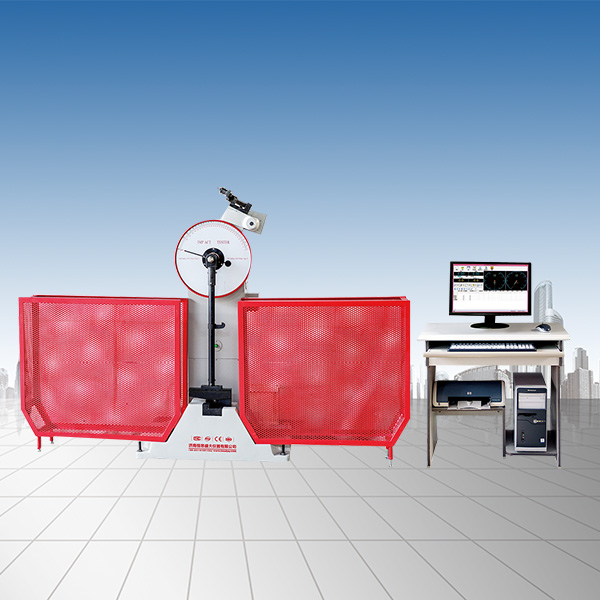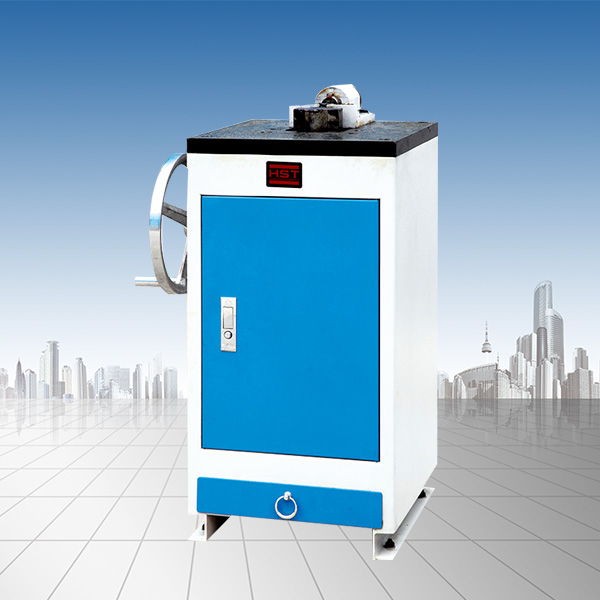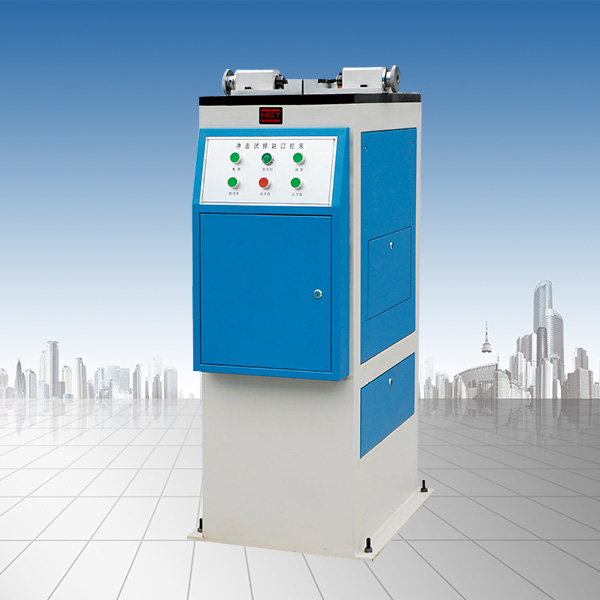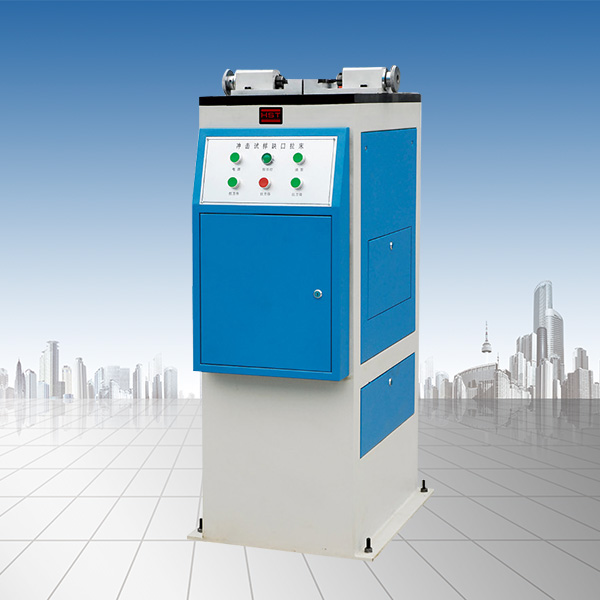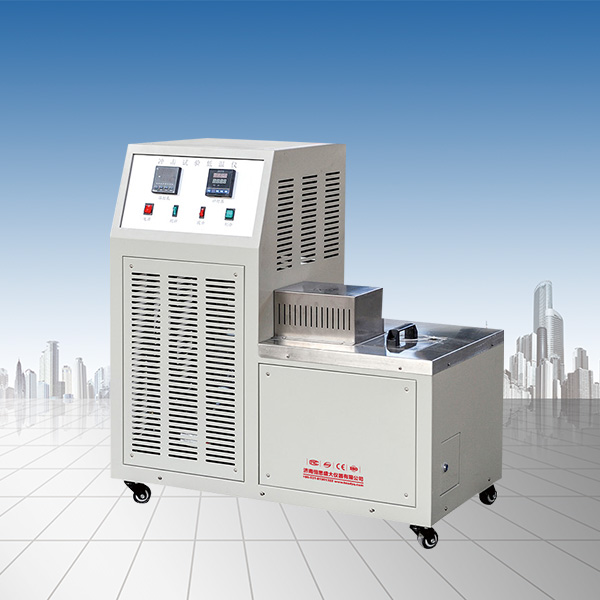Company News
Precautions for the use and maintenance of universal testing machines
Release time:2018-11-23 source:Jinan Hengsi Shanda Instrument Co., Ltd. Browse:
Universal testing machine
In the mechanical inspection of building materials and metal materials, it has been widely used due to its good control performance and test accuracy. In the laboratory of large steel enterprises and quality inspection units, electro-hydraulic servo universal testing machines are often operated at high loads. Most of the testers lack maintenance experience, so these problems often occur. Manufacturers and users are both annoyed.In fact, although the electro-hydraulic servo universal testing machine is precise, it is not delicate. As long as you master the following ten experiences, you will be able to use them easily.
1. Cleaning and cleaning: During the test, some dust will inevitably be produced, such as oxide scales, metal debris, etc. If it is not cleaned in time, it will not only cause wear and scratches on the surface of certain parts, but more serious if these dusts enter the hydraulic system of the electro-hydraulic servo universal test machine, it will cause very serious consequences such as blocking the valve hole and scratching the piston surface. Therefore, cleaning after each use is very critical, and the test machine must be kept clean;
2. Use a suitable fixture to complete the corresponding test, otherwise the test will not be very successful, but it will also damage the fixture: the electro-hydraulic servo universal test machine is generally only equipped with fixtures for making standard samples. If you want to make non-standard samples, such as steel strands, overlapping steel fines, etc., you must add appropriate fixtures; there are also some super hard materials, such as spring steel, and clips of special materials must be used, otherwise the fixtures will be damaged;
3. Hydraulic oil: The fluid level of the oil tank must be checked frequently and replenished in time; generally, oil must be changed every 2000 to 4000 hours of use; however, it is important that the oil temperature must not exceed 70℃, and the cooling system must be turned on when the oil temperature exceeds 60℃;
4. Filter: For filters without clogging indicators, they are generally replaced every 6 months. For filters with clogging indicators, continuous monitoring should be carried out and must be replaced immediately after the indicator alarms;
5. Accumulator: Some electro-hydraulic servo universal testing machines are equipped with accumulators, so the pressure of the accumulator must be ensured to be in a normal working state. If the pressure is found to be insufficient, the pressure needs to be replenished immediately; only nitrogen is allowed to be charged to the accumulator;
6. Regular inspection of components: All pressure control valves, flow control valves, pump regulators, and signal devices such as pressure relays, stroke switches, thermal relays must be regularly inspected;
7. Cooler: The scale accumulation of air-cooled coolers should be cleaned regularly; if water-cooled coolers are used, they should be regularly observed for the cooling copper pipe to be cracked and leaked;
8. The lead screw and transmission part of the electro-hydraulic servo universal testing machine should be regularly coated with lubricating oil to prevent dry friction;
9. The fasteners of the electro-hydraulic servo universal testing machine must be locked regularly: the vibration after the sample is broken often causes some fasteners to loosen. It is necessary to conduct regular inspections to avoid major losses caused by loose fasteners.
10. Other inspections: Be vigilant and pay close attention to details, so that signs of accidents can be detected early and prevent major accidents. This is especially true when the equipment is initially put into operation. Always pay attention to external leakage, contaminants, component damage, and abnormal noise from pumps, couplings, etc.
http://www.hssdtest.com/
Recommended productsPRODUCTS


















